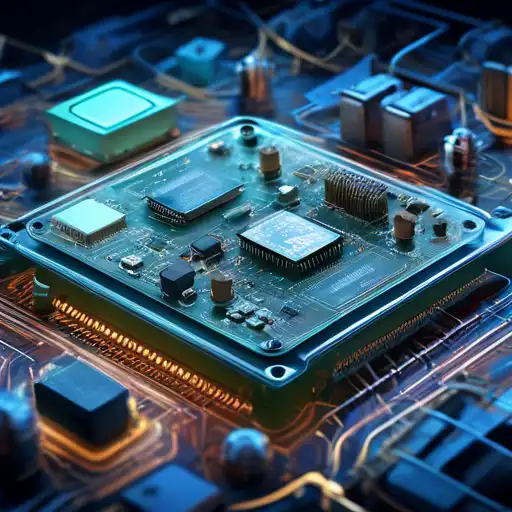The Hidden Power of Embedded Systems in Modern Smart Devices
Embedded systems are the unsung heroes of the digital age, powering everything from your smartphone to your smart fridge. These specialized computing systems are designed to perform dedicated functions within larger mechanical or electrical systems. Unlike general-purpose computers, embedded systems are optimized for specific tasks, offering efficiency and reliability that are critical in today's smart devices.
What Are Embedded Systems?
At their core, embedded systems are combinations of hardware and software that are built to carry out a particular function. They are embedded as part of a complete device, often including hardware and mechanical parts. Embedded systems range from portable devices such as digital watches and MP3 players to large stationary installations like traffic lights and factory controllers.
The Role of Embedded Systems in Smart Devices
Smart devices rely heavily on embedded systems to process data, connect to the internet, and interact with users. For example, a smart thermostat uses an embedded system to monitor temperature, learn user preferences, and adjust settings automatically. Similarly, wearable fitness trackers use embedded systems to collect health data and provide insights to users.
Key Components of Embedded Systems
- Microcontrollers or Microprocessors: The brain of the embedded system, responsible for executing instructions.
- Memory: Stores the software and data needed for operation.
- Input/Output Interfaces: Allow the system to interact with the external world.
- Software: The specialized programs that dictate the system's functionality.
Why Embedded Systems Are Essential for IoT
The Internet of Things (IoT) is a network of physical devices connected to the internet, collecting and sharing data. Embedded systems are the backbone of IoT, enabling devices to communicate and operate intelligently. Without embedded systems, the IoT ecosystem would not be possible, highlighting their importance in the modern world.
Challenges and Future of Embedded Systems
Despite their widespread use, embedded systems face challenges such as security vulnerabilities and the need for continuous updates. However, advancements in technology are paving the way for more secure, efficient, and powerful embedded systems. The future of embedded systems is bright, with potential applications in autonomous vehicles, smart cities, and beyond.
Embedded systems may not always be visible, but their impact is undeniable. As the brains behind smart devices, they play a crucial role in our daily lives and the advancement of technology. Understanding their function and importance is key to appreciating the complexity and ingenuity of modern smart devices.
